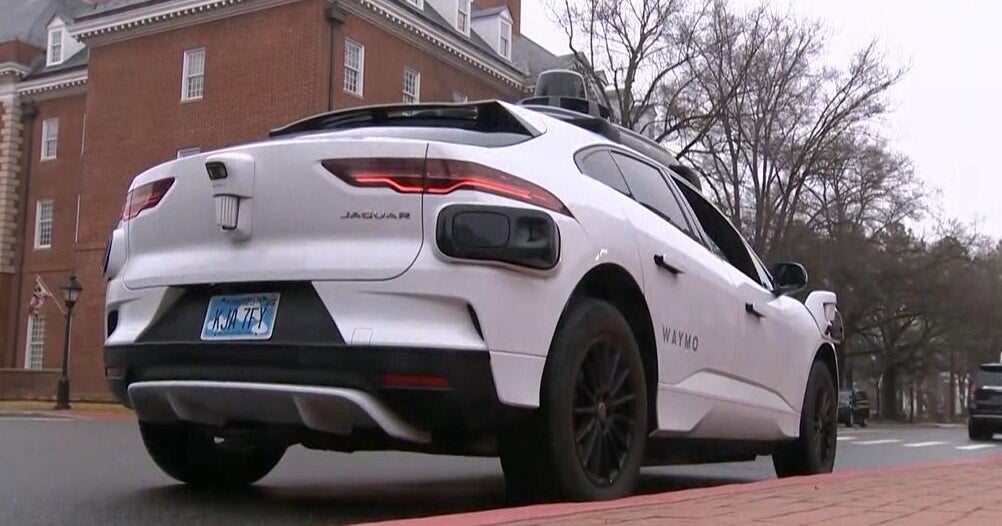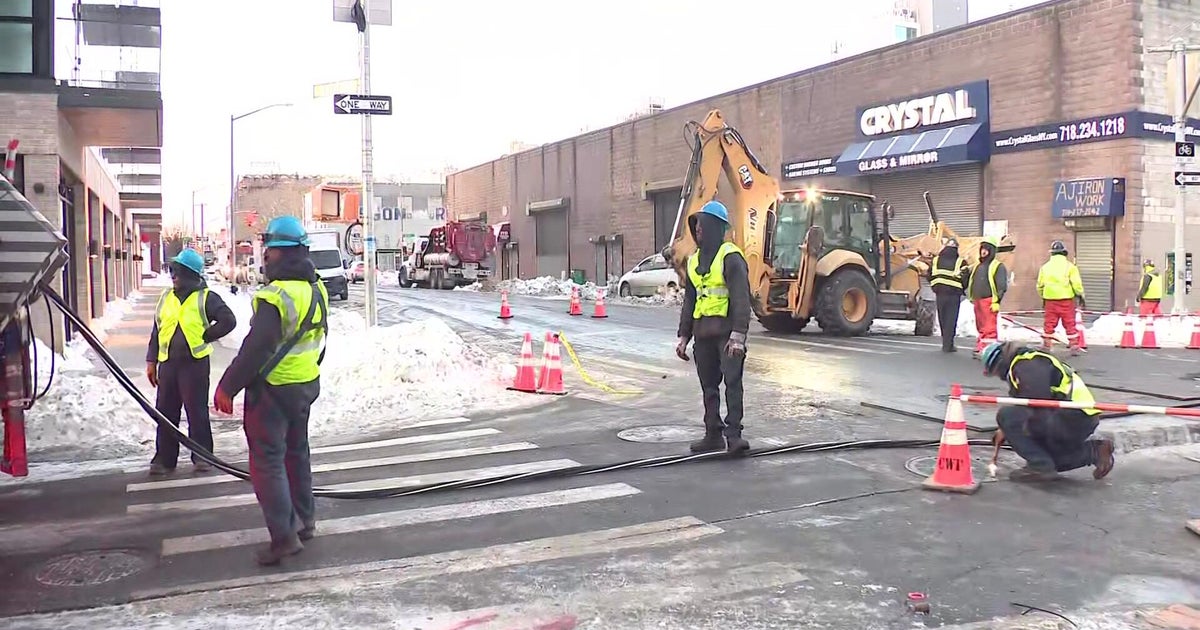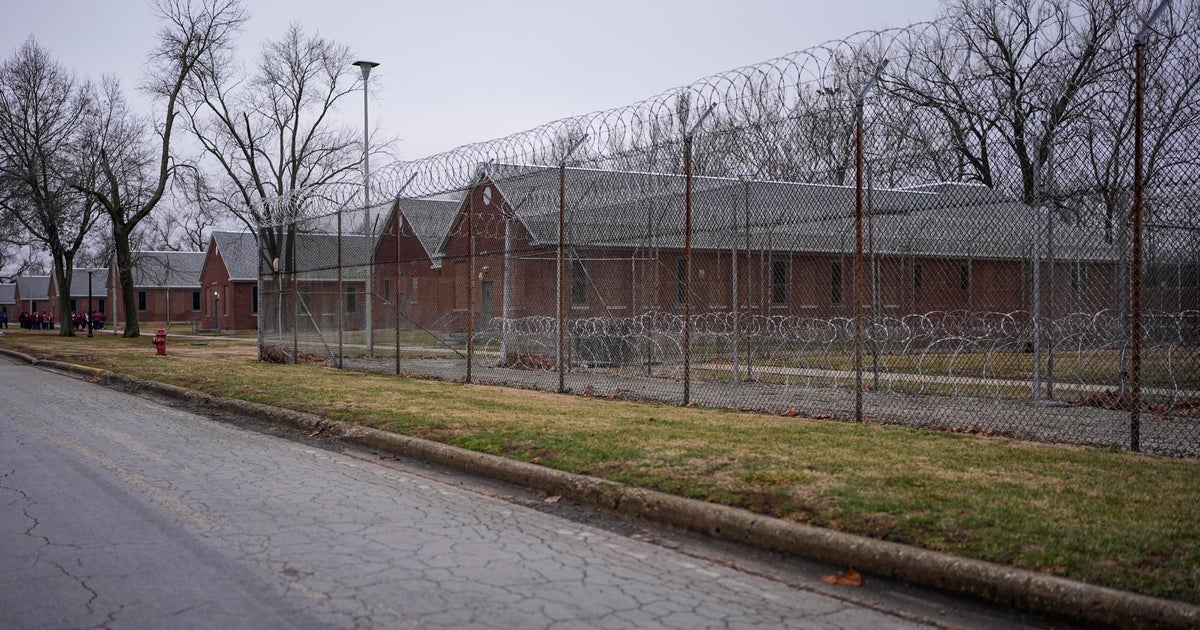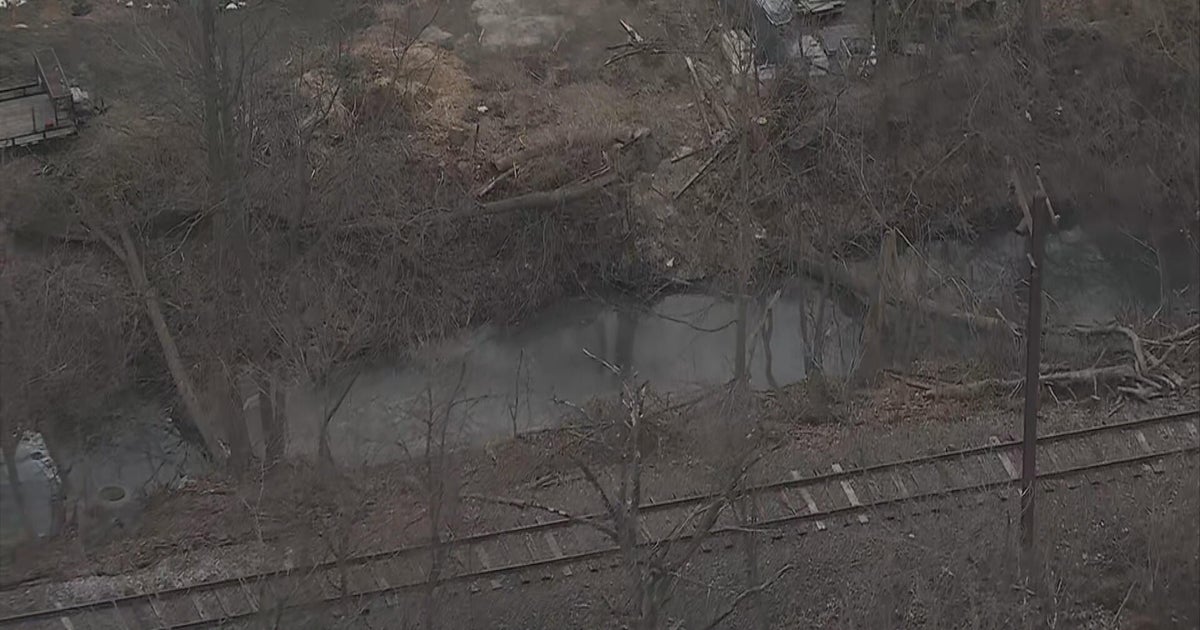On The Money: Medical Parole
By Mike Luery
STOCKTON, Calif. (CBS13) -- A new California law could save taxpayers millions of dollars by releasing some bedridden prisoners under medical parole. Just a small number of California inmates are costing state taxpayers $185 million in annual health care. Yet medically incapacitated prisoners – some 1,200 statewide, are too weak to go anywhere by themselves. But when they need outside care, the costs really jump.
"An outside hospital could be about $2000 a day for medical and run as high and $6000 a day," said Nancy Kincaid, a spokesperson for the Medical Receiver's Office.
Prison guards are required round the clock to monitor prisoners hospitalized in outside facilities. But a new California law authorizes the state to release some bedridden prisoners to save money. They would be placed on medical parole – but only those who are not a threat to public safety.
Releasing medically incapacitated prisoners is highly controversial. On the one hand – there are millions of dollars in savings – but on the other side, significant concerns about public safety.
CBS 13 visited the California Medical Facility in Vacaville, where we met 78-year old Edward McGee, who was convicted of second degree murder involving three people.
McGee is bedridden and unable to stand or care for himself without assistance. I asked McGee if he posed a threat to public safety if he were to be released.
"Only towards those who really, really, really push me," McGee told me. "Then, I'm a threat," he added.
Crime victims and their families are strongly opposed to medical parole. They say their loved ones never got a second chance.
"Who's going to sooth our pain?" Paula Victorino wondered.
Her son Santos was gunned down when he was just 18. His murder is still unsolved.
"It's just a big hole in your heart that never gets closed," Victorino told CBS 13 while attending a crime victims rally at the Capitol.
Tina Montoya attended the same rally in support of her daughter Sophia, who was only 20 when she was killed on Christmas Eve ten years ago.
"If they committed a murder, I don't think they should be out," Montoya told CBS 13. She added, "They ought to suffer the way our children suffered."
Harriet Solarno, president of Crime Victims United, also knows the pain of losing a child to violence. Her daughter, Katina Rose, was murdered in Stockton.
"A high school friend followed her, stalked her and shot her execution style and left her there to die while she was crawling for help," Solarno told CBS 13.
Taxpayers shell our $1.5 billion a year for prison health care. Recently, the State Auditor identified one sure-fire way to save money – by commuting the sentences of medically incapacitated prisoners. (See page 14 in this report)
"The Receiver identified 32 inmates who are medically incapacitated," State Auditor Elaine Howle noted. "If their sentences were commuted and released, it would save the state 46 million dollars," Howle told CBS 13.
Only the governor has the power to commute a sentence. We asked Jerry Brown if he's considering the auditor's plan.
"I've got to see it," Brown told CBS 13 on the west steps of the Capitol. "Give me a chance. I can't even read anything with all these cameras in my face," the Governor said.
Brown says he'll need more time to decide what's best for California taxpayers – and public safety advocates.
Currently, a dozen California inmates are receiving medical care in hospitals outside of prison walls – at a cost of up to $2 million per inmate, which includes the cost of guarding them round the clock.
Send your story ideas via e-mail to onthemoney@kovr.com. You can also follow On The Money stories in progress via Twitter at http://twitter.com/#!/mikeluery







